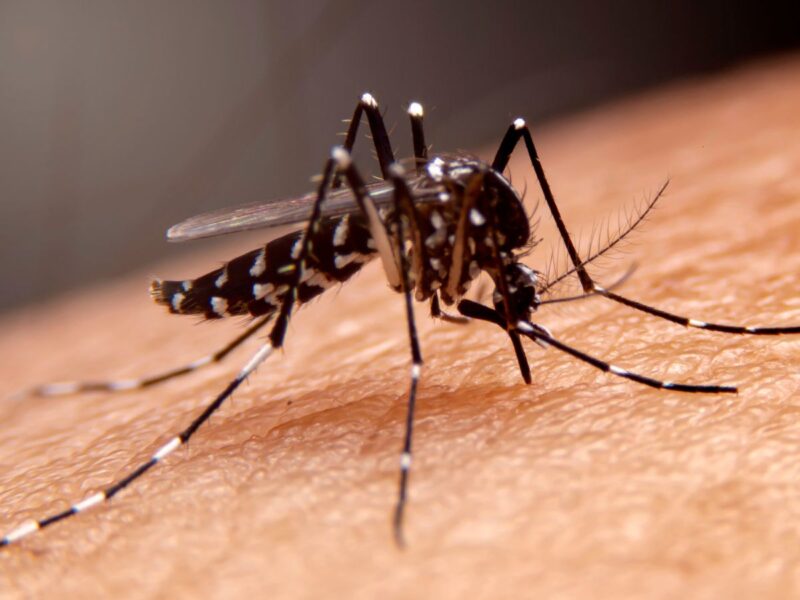Globally, we commemorate World Malaria Day each year to raise consciousness around the prevention, diagnosis, and handling of this serious mosquito borne disease. As summer is on us, the most important thing to keep in mind is proper hygiene and prevention against any type of vector borne diseases.
In today’s article, we take a close look at some of the uncommon warning signs and symptoms of that the body can show up after getting infected by the malaria carrying mosquito.
7 Most Uncommon Malaria Symptoms
Malaria is a prevalent disease in many parts of the world, particularly in tropical and subtropical regions. While most people are aware of common symptoms such as fever, chills, and body aches, there are some lesser-known signs of malaria that should not be overlooked. Recognizing these unusual symptoms can lead to early detection and treatment, potentially saving lives.
- Soreness and Swelling of the Joints: Oddly, malaria might imitate arthritis through exhibiting joint pain and enlargement. Unfortunately, such signs often lead to misdiagnosis, causing a lag in recognizing and treating malaria timely.
- Mental Disorientation: Unexplained mental disorientation or sudden lapses in alertness can be precursors to lethal malaria. Therefore, immediate medical help must be sought if you or someone you know displays these signs, especially in areas where malaria is prevalent.
- Difficulty in Breathing: In certain instances, malaria can lead to breathing troubles and chest pain. This major sign shouldn’t be turned a blind eye to, as it points towards a severe malaria form requiring urgent medical attention.
- Stomach Pain and Vomiting: Upset stomach partnered with vomiting may be a signal of malaria invading your gastrointestinal system. Such symptoms should be a red flag for malaria, particularly in areas with a high prevalence of the disease.
- Exhaustion and Lethargy: Persisting tiredness and lack of energy may signify malaria, despite the absence of the usual fevers linked to the disease. Sumptuous fatigue should be an indication to look towards malaria as a potential origin.
- Skin Reactions and Bruises: Unusual rashes or bruises on the skin might surface in certain malaria patients. These unusual skin changes must not be overlooked, especially when along with other malaria signs.
- Vision Impairment: Eyesight disruptions like blurred vision or hypersensitivity to light may occur as malaria can impact the eyes. With any sight changes, it’s crucial to consult a medical professional for a potential link to malaria infection.
Follow this space for all the latest health news and developments.











